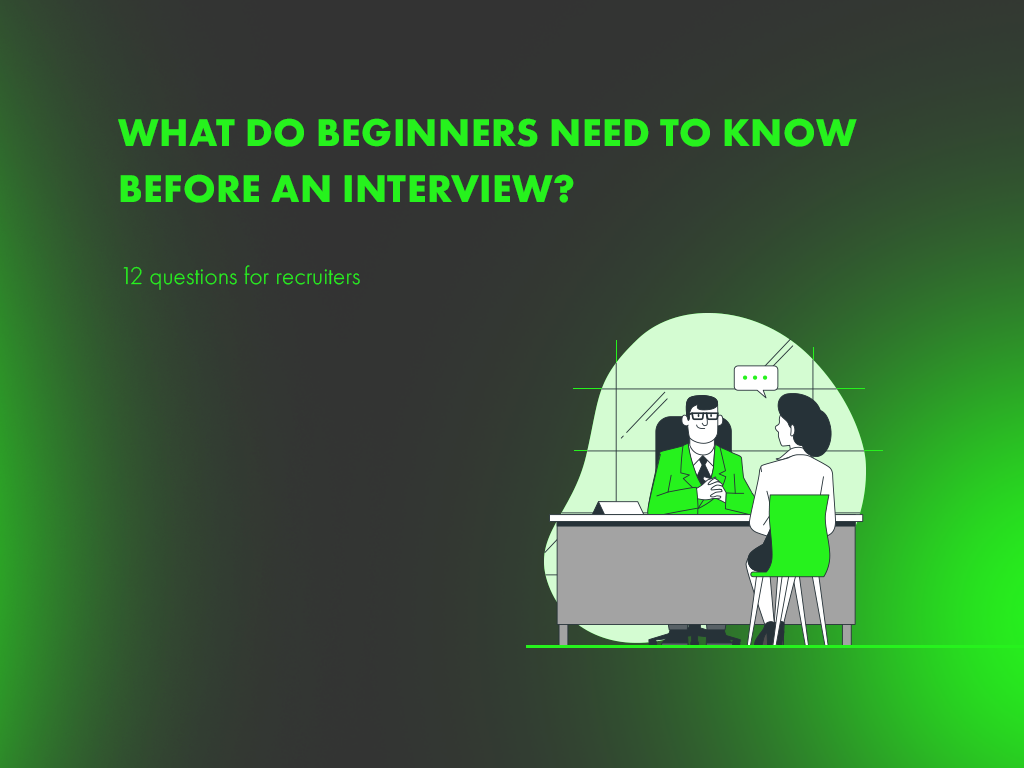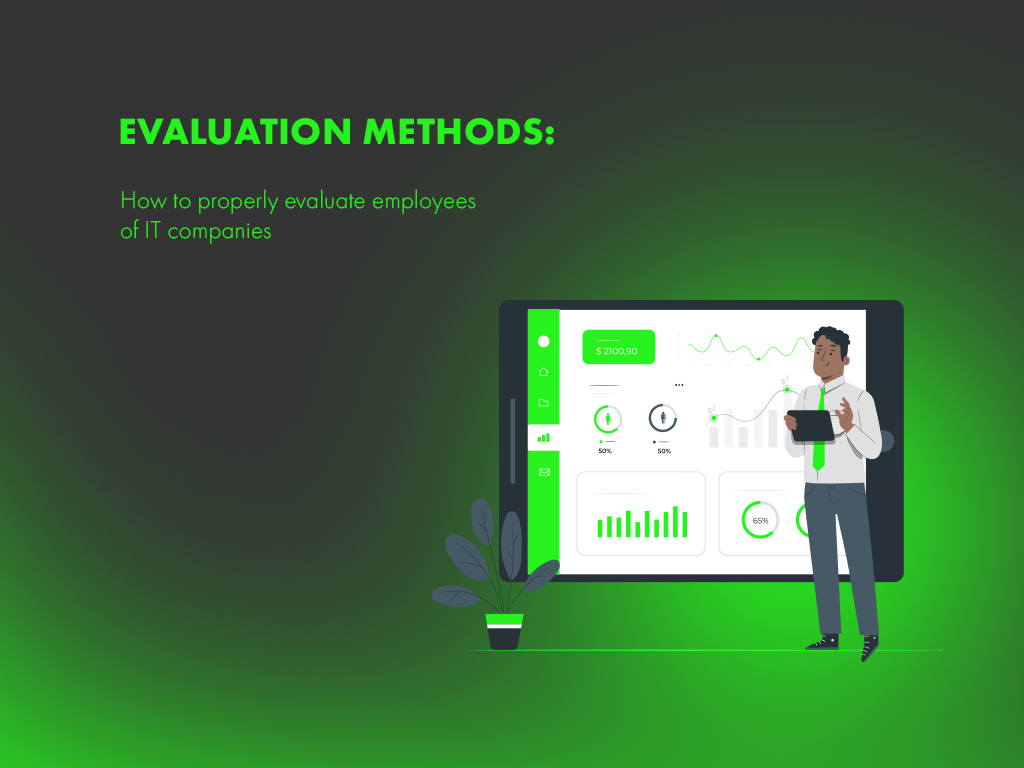A quick start, a sought-after IT profession, a salary in dollars, a social package and the opportunity to work in international companies – this is how many people imagine the profession of a tester

We at MS.today tried to find out if this is really the case, and also found out who the tester is, how to become one and who is paid $ 3000 +.
Who is a tester, what is he responsible for and what does he do
The tester is an important person in the team of programmers. It checks the software for errors and helps to eliminate them.
The software testing process can be compared to a car test drive, where your task is to understand whether the car meets your requirements and test it in operation.
Testers are often confused with Quality Assurance (QA) or Quality Control (QC) and vice versa. But these are three different areas, each with its own list of responsibilities and tasks:
In Ukrainian realities, all these areas are often combined in the person of one QA-specialist.
Depending on the qualifications of QA-specialists can be divided into junior, middle and senior (beginner, intermediate, advanced). These levels differ in the set of technical skills and the ability to solve work problems independently.
Simplified, it looks like this:
Testers are also distinguished by testing methodology
-The manual tester checks everything himself and trusts only himself.
—A tester who has pumped programming skills and writes self-tests – programs that perform testing automatically.
—Such a specialist combines manual skills and the magic of self-tests.
—Performance testing specialist.
Testers are hired by companies that develop their own product such as Bitrix24. They can also be outsourced companies that provide testing services for development teams without their own QA department.
There is a myth that anyone can become a tester, even a taxi driver or a housewife. Yes and no. Successful careers in QA and the same $ 3000 + are most often achieved by specialists with education in programming, computer science, mathematics. If you can still find humanitarian students among juniors, technicians often become seniors.
How to become a tester. Which is better: courses or self-study?
If you look at the stories published on the forums and blogs of testers, there are two ways to get this profession: self-education and training in an IT school.
The first option assumes that you will master your professional skills with the help of training materials on Google and YouTube. Example:
The second option is to study in specialized courses. Proponents of this strategy believe that the Internet has a lot of outdated and unnecessary information. Without basic knowledge and experience it will be difficult to understand all this. In good courses you will get a quality theoretical basis and practice, as well as the opportunity to show yourself and even get a job before graduation. Large companies often hire newcomers from their own courses and educational programs.
Paid courses for testers:
What to look for when choosing a school or course
Carefully review the curriculum: is it a complete test course or part of a marketing scheme where you need to buy additional modules. For example, QAlabs has three learning formats with different skill sets. It is good if you show the program to a person who understands this.
Don’t skimp on employment modules. Finding a job immediately after training is quite difficult, sometimes you can not do without consulting a recruiter. It is good if the module includes not just a lecture, but also feedback from a specialist on your resume. In the same QAlabs in the program #START there is only a lecture on employment, and the formats #BASE and #EXPERT already include work with HR.
Find out the level of teachers and mentors of the course. They must be practitioners at least of Strong Middle. This information is easy to get by studying the profiles of trainers on LinkedIn and other resources.
Pay attention to the number of homework assignments and the availability of feedback on them. The more tasks, the better. It gives experience and confidence that will be useful in interviews and in future work.
How to get your first job in QA
Often, first-time specialists get their first job while studying at courses at IT companies, or at a specialized university, where employers come in search of new staff. But if you are not lucky enough to receive an invitation to work while studying, do not despair, and start acting.
Visit vacancy aggregators, write down the requirements of employers for your specialization and make a list of your competencies.
Each company has its own specific requirements for testers, but the “skeleton” of skills is something like this:
The resume should not be too long. The optimal size is one or two pages. Format – PDF. Language – English.
The resume template can be downloaded from thematic resources, made on the designer or in Canva.
Experienced experts advise not to send one resume to everyone in a row, but to adapt it to a specific company.
3.Prepare a cover letter
This is a must have for a job search. To get to the heart of the recruiter, study the vacancy and the company you are applying to.
Advice. For convenience, create one common document, and write in it all your skills, experience and achievements that correspond to the profession. As well as accompanying text and links to job you have done before. Depending on the requirements of the employer, send this document in full or copy only the necessary blocks.
4.Create a portfolio
What to do if there are no completed projects yet? Testers’ forums are advised to choose the object of testing on the Internet. This can be a website, a mobile application or a desktop computer program. For this purpose, it is better to choose fresh products where not all defects are eliminated yet.
5.View vacancies and send resumes
You can do this yourself through job sites or seek the help of a recruiter.
Vacancies for testers can be found:
Find out on the Internet what questions are usually asked by recruiters and technicians in interviews, and process them. And repeat the theory of testing, tasks and logical problems.
7.Keep statistics
When looking for a job, be sure to keep statistics:
Analyze the results, sometimes the causes of failures can be quite trivial:
And sometimes you need to improve specific skills: English or theory, for example.
If you are denied an interview or fail a test, feel free to ask for feedback from a recruiter or technician. This way you will quickly find your “blind spots” and speed up the employment process.
To get the first job, you need experience, and to get experience, you need practice. But where to practice, if without experience they do not hire?
Fortunately, there are many options, and we will talk about the three best of them.
Internship. IT companies often open free internship programs. The best performers receive a job invitation and an additional plus in the resume. Paid and free internships can be found on DOU.ua, MacPaw and NIXsolutions.
Crowd testing platforms. For example, uTest and Crowdtesting. They work on the principle of the exchange: customers provide a product that needs to be tested on a particular device and OS, and testers, in fact, test it. On a voluntary basis or for a nominal fee.
Joint projects. Beginners can assemble their first product team during the courses. Novice programmers and developers also need experience. With joint projects you can participate in grant programs, hackathons, ideatons and competitions. Or just create a project for a portfolio.
How much do testers earn in Ukraine?
It is thought that testers earn less than developers. In fact, talented QA engineers earn at the level of good developers.
According to an anonymous salary survey from DOU.ua, at the beginning of his career, a tester earns an average of $ 600, and an experienced QA engineer – $ 2600.
But a junior with automated testing skills receives an average of $ 150 more. For seniors, the difference is more noticeable – an average of $ 1,000.
QA Manager and QA Tech Lead already earn $ 3000 +.
The size of the salary also depends on the city, the format of work (remotely, or office), the company (in the grocery pay more than in the outsourcing) and even the profile university that the employee graduated from.
To earn more, testers have to learn additional or related skills.
Example:
Instead of conclusion
The profession of tester is really promising and in demand, but it is certainly not “easy entry into IT for people without technical education.”
Already at the start you need to know:
Be attentive, sedentary, sociable and learn quickly.
And to achieve the desired $ 3000 +, you still need to have technical education and management skills.
But most importantly – the profession must be loved, otherwise it will be boring and difficult. Going to QA just for the money is definitely not worth it. Well, if you have made a decision, this article will help you make a plan. Moreover, let everything work out for you.

We are often asked whether we hire junior specialists into the team, what knowledge we need to have for this, how the selection goes on, and much more.
It is no secret that our company conducts free training of specialists in the training center. The best students are invited to an interview for the project based on the results of the training. The company currently trains 16 programs in 12 cities, trains more than 1,000 students each year, and 60% of them are employed by the company based on the results of the trainings. We have collected the answers of recruiters (and not only them) to questions that will help to better understand the process of selection and hiring of junior specialists.

It took weeks to find the “right” job. It took hours to put together the right resume.
Almost done.
The final touch is the cover letter.

Employee evaluation is a mandatory part of the work process. This is an important procedure to improve employee performance, give them feedback and provide a ground for career advancement. So a person can better understand the value of their work, and the company – to see the contribution of each employee to the common cause.
Each company has its own assessment methods. To sum it all up, we would like to single out the 4 most popular ways to measure IT productivity.
Let’s go!

If you need to order a project from third-party contractors in which there are no strict quality requirements, try working with contractors on the Functional Requirements. This plan will help you develop a web portal, beautiful and user-friendly design, create an article for a blog or a service. Thanks to the functional requirements, you will immediately specify your own wishes and avoid “mistakes”. Let’s take a closer look at what this work plan is, what are the subtleties of the nuances of its preparation.
Leave a Reply